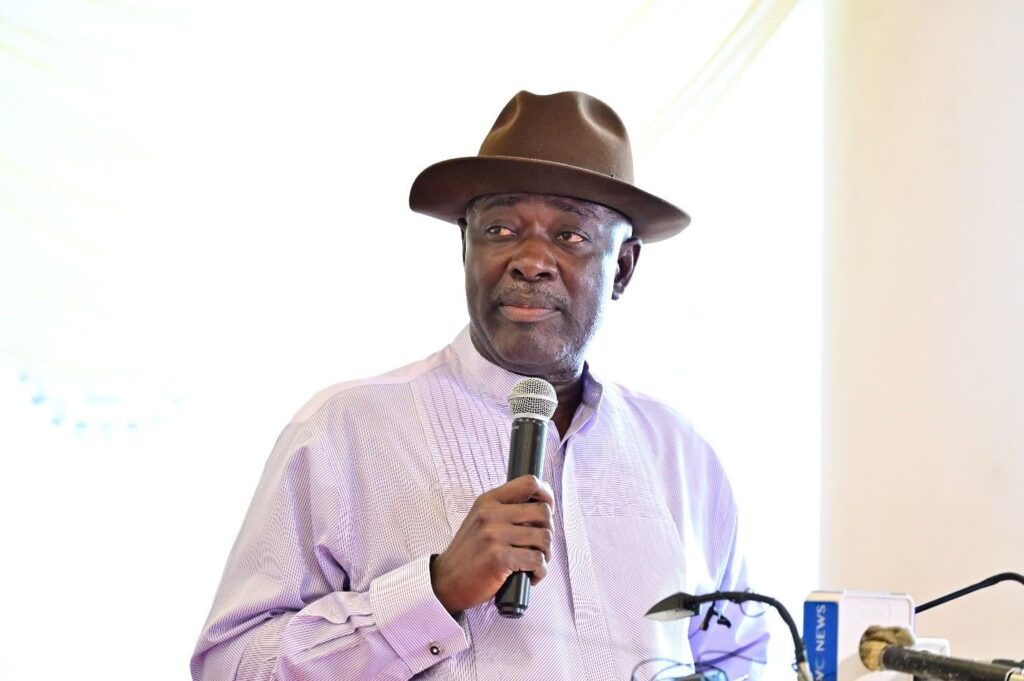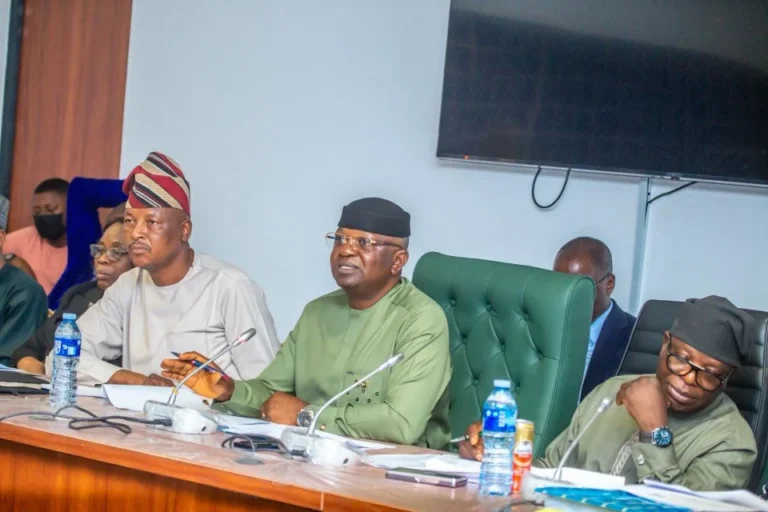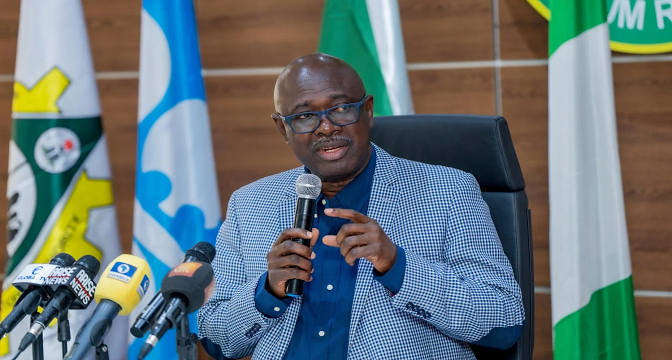
Senator Heineken Lokpobiri is steering the creation of an African energy bank, bringing the $5 billion project to its final steps. He set a clear goal and led strong meetings in Abuja, engaging with Afreximbank leader Benedict Oramah and APPO Secretary‑General Farouk Ibrahim. With legal and governance plans completed, he confirmed that capital mobilisation is gaining momentum.
Designed to fund major energy projects, the African energy bank will support various sectors across the continent. It aims to raise $5 billion at launch, with plans to grow its capital base to $120 billion over time. Backing will come from Afreximbank, member states, national oil companies, and private investors—a broad coalition that underscores the bank’s solid foundation.
Lokpobiri affirmed that the bank remains on schedule and poised to reshape energy financing in Africa. Expressing gratitude to President Bola Tinubu for his unwavering support, he described the initiative as a vital platform to enhance energy security, draw in investment, and spur development continent-wide.
The decision to locate the African energy bank in Abuja reinforces Nigeria’s leadership in the energy sector. By showcasing Nigeria’s capabilities in oil and gas, Lokpobiri said, confidence in the project continues to grow. He also pledged to uphold transparency and efficiency, emphasizing that these principles must guide every stage of the process.
Both Oramah and Ibrahim praised the effort, highlighting the smooth collaboration between Afreximbank and APPO. They emphasized that Africa’s readiness to align with international banking standards reflects strong regional unity. In their view, the bank represents a significant step toward affordable and sustainable energy access.
Alongside the bank, Lokpobiri also flagged off construction of the Bauchi Oil and Gas Academy. The new institution, he explained, will develop human capacity to support energy expansion. As part of the federal government’s broader plan to build local talent, the academy will help staff more oil platforms and advance energy development.
Tying the project to national growth strategies, he noted that President Tinubu had approved essential licenses for the Kolmani Integrated Development Projects. Lokpobiri expressed a commitment to maximizing output from every available oil field. He also commended Bauchi State for aligning with national energy goals and investing in skill-building initiatives.
The Petroleum Technology Development Fund (PTDF), he added, plays a vital role in training and technology advancement. The new academy will partner with PTDF to equip the next generation of energy experts, building a workforce ready for future challenges. By enriching the sector’s talent pool, this collaboration will strengthen Nigeria’s energy ecosystem.
Governor Bala Mohammed also voiced strong support. He said the academy will elevate innovation and technical capacity while benefiting both Bauchi and the wider country. In his view, it lays the foundation for long-term energy progress.
This editorial sees Lokpobiri’s actions as bold and impactful. More than building a financial institution, he is investing in infrastructure and human capital. Through this effort, he is connecting finance, policy, and skills development in a unified approach. The African energy bank stands not just as a financial tool but as a strategic lever for jobs, energy security, and local empowerment.
We urge both the government and partners to provide full support. A seamless launch of the bank is crucial. Likewise, the Bauchi academy and upstream development projects deserve ongoing commitment. Africa urgently needs capital to revitalize its energy sector. As global investment trends shift away, the African energy bank offers a timely solution. It will channel billions into clean energy, gas, oil, and other key projects.
Senator Lokpobiri has put this effort on solid footing. By forging alliances with Afreximbank, APPO, and PTDF, and by securing the legal and institutional framework, he has laid the groundwork. Now, continued momentum and a clear launch timeline are essential.
The continent has much to gain. With coordinated leadership and focused execution, it can secure its energy future, grow its economy, and train its people. The African energy bank could mark a turning point—financing pipelines, power infrastructure, renewable energy, and more.
Success hinges on efficiency. The bank must be transparent and governed to global standards. It must send a clear signal that Africa is in charge of its own development. In this, Lokpobiri offers a model of leadership.
This initiative brings renewed hope. It expands Africa’s financial capacity and strengthens Nigeria’s central role in continental energy strategy. By aligning policy with action, it positions Africa for a prosperous and sustainable energy transition. Senator Lokpobiri deserves credit for his vision and execution.
He is more than a policymaker—he is building institutions, uniting stakeholders, and investing in people. The African energy bank is his signature legacy, with the potential to drive prosperity for generations. Let us support this mission fully and make it a lasting success.


